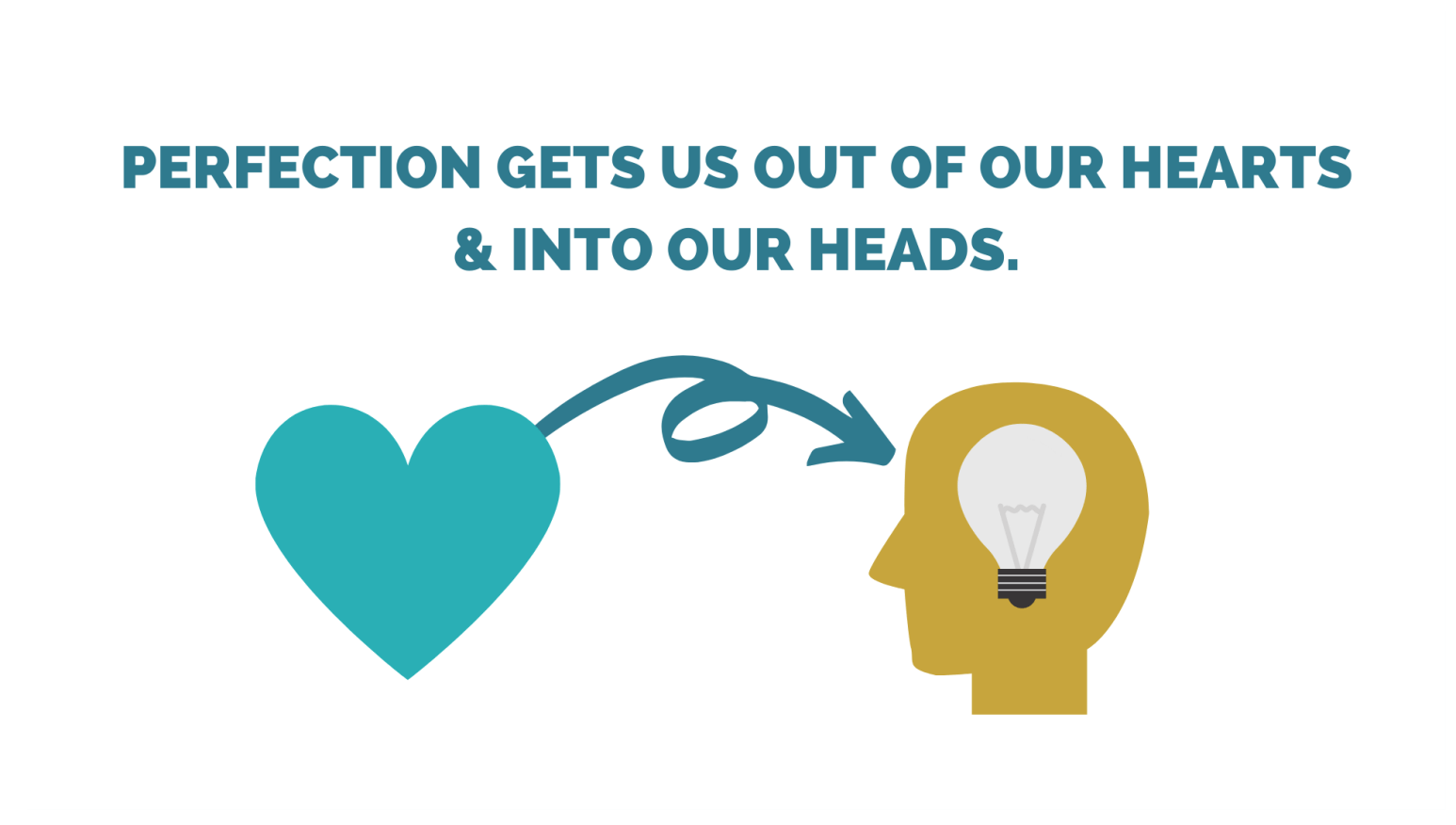Executive coach, speaker and author Vitale Buford presented at the Silicon Valley Executive Forum about overcoming perfectionism in May 2021.
She started by quoting Brene Brown: “Perfection is a 20-ton shield that we lug around thinking it will protect us when, in fact, it’s the thing that’s really preventing us from taking flight.”
Striving for excellence is a positive passion and a self-initiated drive that makes a great CEO or a leader, while being a perfectionist is allowing one’s worst critique constantly judging oneself as a bystander. A perfectionist mindset is based on limiting beliefs about oneself and others, and is mentally, emotionally and psychologically debilitating.
Symptoms of perfectionism in work and in life
Symptoms of perfectionism can be:
- People-pleasing
- Approval seeking
- Control
- Avoiding conflict
- Anxiety and fear
- Obsessive thoughts
- High expectations
- Low self-worth
- Comparison
- Procrastination
- Feeling stuck
- Indecision
Perfectionism is manifested in our careers like this:
- Overcommitting, chronic multitasking, “hurry syndrome”
- Constant need for control
- Unrealistic expectations of yourself and others
- Imposter syndrome
- Destructive self-criticism
- Setting “people-pleasing” deadlines vs. realistic deadlines
- Chronic stress and overwhelm
- Your career is your identity
- Taking on too many projects and feeling burnt out
Perfectionism hinders our ability to live our lives in ways such as:
- Always doing for others and never saying “no”
- Not being able to make a decision and asking everyone for advice; seeking external validation
- Constant comparison
- Setting goals and not taking action; waiting for the “perfect time”
- Lack of healthy boundaries in relationships
- Overwhelm, anxiety, worry
- Not speaking up for your needs
- I “should” be further along

3-step process of leading with imperfection
Step 1: Awareness = Curious Observation + Pattern Identification
In identifying patterns of perfectionist behaviors, Ms. Buford listed “slow and fast perfectionism” for our intentional observation:
- Slow:
- Procrastination
- Indecision
- Fear of failure
- Imposter Syndrome
- Feeling stuck
- Anxiety
- Black and white thinking
- Avoiding conflict
- Fast:
- Approval seeking
- People pleasing
- Unrealistic expectations for yourself and others
- Obsessive thinking
- Need for control
- “Work harder, achieve more” thinking
- Constant overwhelm
Both slow and fast perfectionism can negatively affect our relationships, personal development, family and parenting, finances, health, fun and enjoyment and the ability to lead oneself and others.
Step 2: Mindset Change
Ms. Buford suggested using “habit of self-compassion”, summarized as “Four Cs” - criticism, curiosity, compassion, and choice, - to reframe perfectionist way of thinking, with mantras and routines:
- Notice your Criticism
- Get Curious
- Show yourself Compassion
- Choose better
Step 3: Action
What does it take to build habits of self-compassion, other than time?
“Reframing, mantras, routines” are the three words Ms. Buford used to conclude her presentation.
To get out of the negative and self-destructive habits of thinking, first refrain from thinking “what if…”, insead, think “even if…”. Refrain from viewing anxiety-causing unknown as “uncertainty”, but to view it as “possibility”. Refrain from constantly doing the “balancing” acts of pleasing everyone, and start to actively pursue your own “priority”.
Mantras like these ones below can also help us feel good about ourselves:
“I give myself room to be human.”
“Done is better than perfect.”
“I cannot miss out on what’s meant for me.”
Action leads to confidence leads to action.
Creating new routines to reinforce new habits of thinking can gradually lead to changing perfectionist behaviors.
To get more information about overcoming perfectionism, please contact @VitaleBuford
www.facebook.com/vitalebuford vitale@vitalebuford.com
===============================================================
At Executive Forums Silicon Valley, selected business owners and leaders work together to gain clarity, insight and accountability to ignite their leadership engines, grow their businesses and improve their lives. If you are interested in learning more about Business Owner Advisory Boards, Entrepreneurial Operating System (EOS), Stages of Growth, Value Builder System or becoming a member at Executive Forum Silicon Valley, please email Glenn Perkins: gperkins@executiveforums.com or call 408-901-0321. For more information visit http://www.execforumssv.com/.



